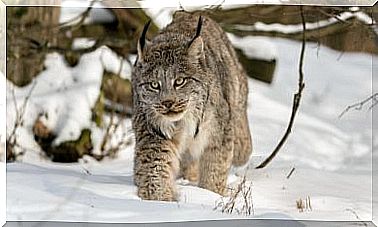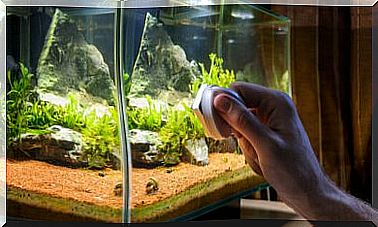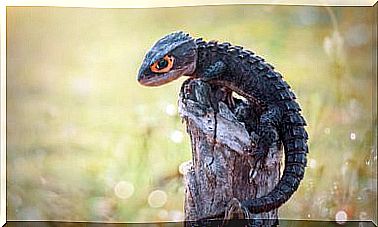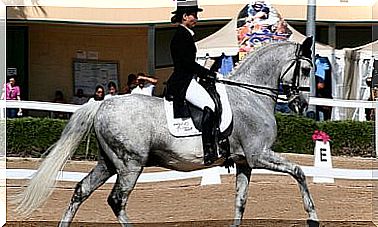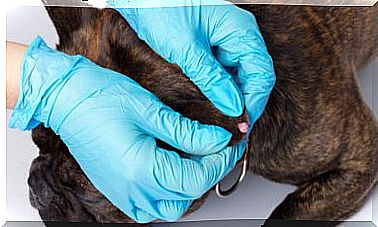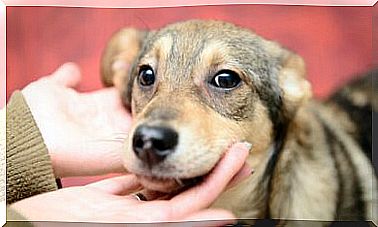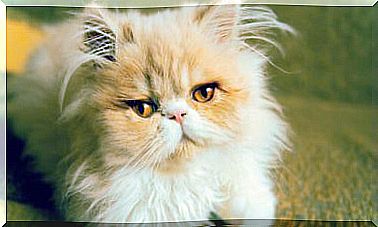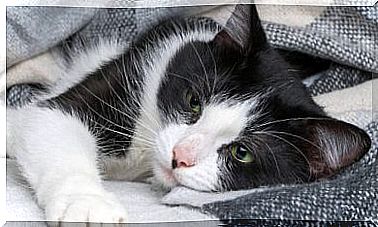Learn To Take Care Of Your Pet’s Diet
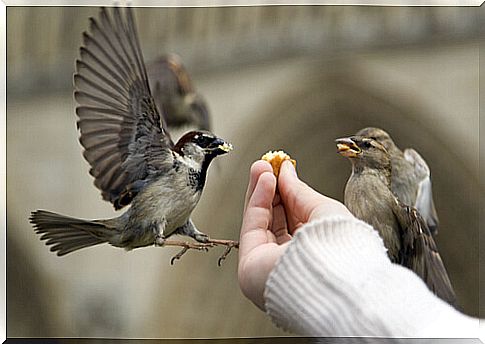
Animals require special care at different stages of their life and taking care of your pet’s diet according to its species is a responsibility that you acquire as its caretaker.
Therefore, we give you some tips in this regard, so that you can have healthy and happy animals.
Something that veterinarians recommend is to provide the animals with a diet rich in nutrients, taking into account the particularities of each species, especially the foods that they can and cannot consume.
Bird feeding
- Birds, as incredible as it may seem, are one of the pets with the greatest number of possibilities for diet. This is because many are strictly vegetarian, others eat insects, small mammals, reptiles or fish.
- To have a good idea of how to properly feed a bird, it is best to observe its beak, as it is specially adapted according to the diet it requires. For example, in the case of parrots, the beak is similar to a very strong hook, which is used to break seeds, nuts and leaves.
- A similar beak is held by birds of prey, and they use it to tear apart smaller animals. Birds on a grain- and fruit-based diet have a somewhat stocky conical shape, while birds with thinner and thinner beaks are mainly insectivorous.
- It is important to take into account the seasons when feeding birds, because in the colder seasons, when the fruits are scarce, they tend to replace them with insects or other animals.
- However, when they are brooding, they tend to feed the chicks insects to provide them with the protein they need. Likewise, insects have a greater amount of water.
Reptiles
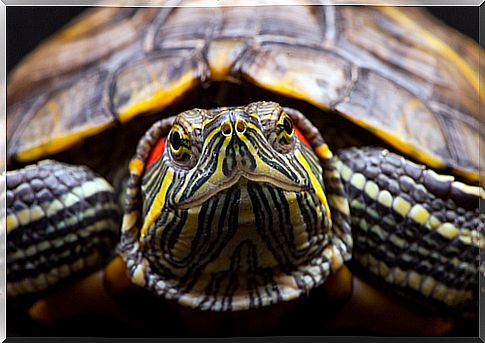
Reptiles have a diet so varied and different from one another that it is difficult to generalize. However, it can be said that most carnivores will feed on whatever prey is within their reach and has a certain size range.
This is different for snakes, which tend to have a slightly more specialized diet. However, reptiles select their prey based on color, size, movements, smell, and their body temperature.
In the case of herbivorous reptiles, they are mostly not strict, so insects or fish can be included in their diet. They also consume flowers, plant stems, vegetables, and legumes.
There are very few reptiles that are insectivorous or that consume some invertebrate, such as lizards or chameleons.
Amphibians
Amphibians are exclusively carnivores, so they will feed on insects, slugs, worms, and earthworms. In fact, the only stage that an amphibian is herbivorous is in the tadpole stage.
The size of the prey can vary depending on the size of the animal and, although most are restricted to insects and invertebrates, they can also consume fish and small mammals.
Mammals
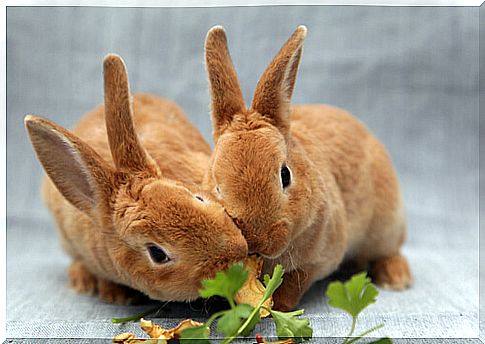
The diet of mammals is very varied and it will depend on the species to be able to determine a diet that is according to your pet.
Likewise, their nutritional needs change enormously in different stages, having to be adjusted from time to time to allow optimal development of the animal.
According to their diet, mammals are classified into:
Omnivores
They are animals with a highly varied diet, which can be made up of elements of both animal and vegetable origin.
Carnivores
They are animals that eat other animals. Although they can consume other types of food, to achieve a correct functioning of their organism they require the consumption of animal protein.
Herbivores
They are the animals that feed on a wide variety of products of plant origin, such as leaves, branches, herbs or roots, among others.
Insectivores
As their name implies, they are animals that feed exclusively on insects or invertebrates.
Frugivores
They are those animals whose diet is made up mostly of fruits.
Although exclusive diets in mammals are rather rare, knowing the characteristics of their diet in the wild can give you an approach to better meet their nutritional needs.
So now you know: taking into account the bases of your pet’s diet can help you make better decisions about his diet.
Likewise, it never hurts to consult your vet, who will give you ideas on how to organize a nutritious diet, especially when they are exotic animals.
